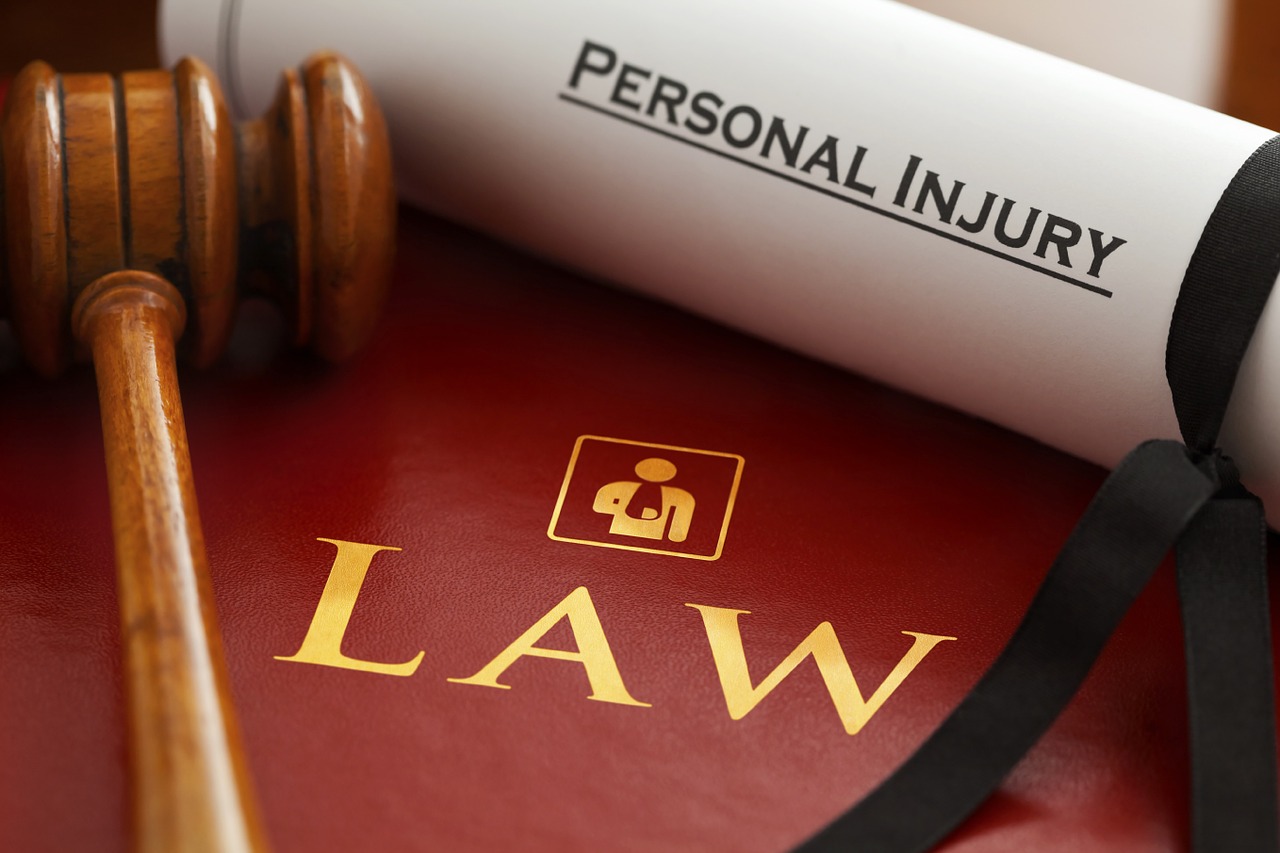Anyone who has been injured in an accident knows that the expenses do not stop once you leave the hospital. Your recovery may require follow-up visits, prescription medications, physical therapy, and much more.
If you are unable to work, your financial stability could suffer as well. You may be in constant pain and unable to participate in activities you once enjoyed. A permanent disability or disfigurement could change the course of your life.
To seek payment for your injuries, you can file a personal injury lawsuit against the person who caused the accident. While no amount of money can undo the pain you’ve experienced, financial compensation can help you get your life back on track and make sure you receive the care you need.
In the legal system, compensation is called “damages.” Damages can be compensatory (pays for injuries and any financial or emotional distress) or punitive (punishes the negligent party for acting especially negligent).
Most personal injury cases involve compensatory damages. Washington does not allow punitive damages in personal injury cases. Oregon requires punitive claims to include clear and convincing evidence that the other party acted with malice or showed a reckless and outrageous indifference to the health, safety, and welfare of others.
Type of Compensatory Damages
To help you gain a better understanding of personal injury claims, here are the most common types of compensatory damages:
Medical costs – This type of compensatory damage covers medical treatment costs from the accident. It can include ambulance service, emergency room treatment, hospitalization, doctor and specialist office visits, physical therapy, and rehabilitation.
Lost wages – This option pays the injured party’s wages for any work missed due to the accident.
Future loss of earnings – If an injury permanently limits your ability to earn wages, the party at fault may need to pay damages to compensate you.
Property damage – If your car or other property was damaged from the accident, the negligent party may have to pay to repair or replace it.
Pain and suffering – This can be mental, physical, or both. If an accident causes you to be in physical pain or causes emotional distress, anxiety, loss of sleep, loss of enjoyment of your life, depression, and other negative consequences, you may be entitled to compensatory damages.
Funeral expenses – The average funeral in the United States costs more than $7,000. In someone dies as a result of the accident, the family of the deceased can include funeral expenses in their personal injury case.
Loss of consortium – A spouse can seek compensation if the injured party is no longer able to engage in normal marital relations after an accident.
Permanent disability or disfigurement – The defendant may have to pay damages if the accident causes the injured party to have ongoing physical disabilities or disfigurement, such as scars. Payment can include costs for medical devices, such as a wheelchair, and ongoing treatment.
Loss or impairment of mental or physical capacity – If an injury leaves a person unable to care for himself or unable to make decisions or think clearly, the negligent party may have to pay damages.
To make sure you get the compensation you deserve after an accident, contact a personal injury lawyer. An experienced personal injury lawyer can talk to you about which damages are appropriate to seek in your situation and let you know about any current or future expenses you may be overlooking.
The Law Office of Gregory E. Price can promptly investigate your personal injury claim and provide you with an evaluation, while ensuring that you receive proper medical treatment and that your bills are handled in a timely manner. For a free consultation, call us at (360) 828-5879, or fill out our Contact Us form. We will be happy to talk to you about the specific details of your case and answer any questions you may have.









